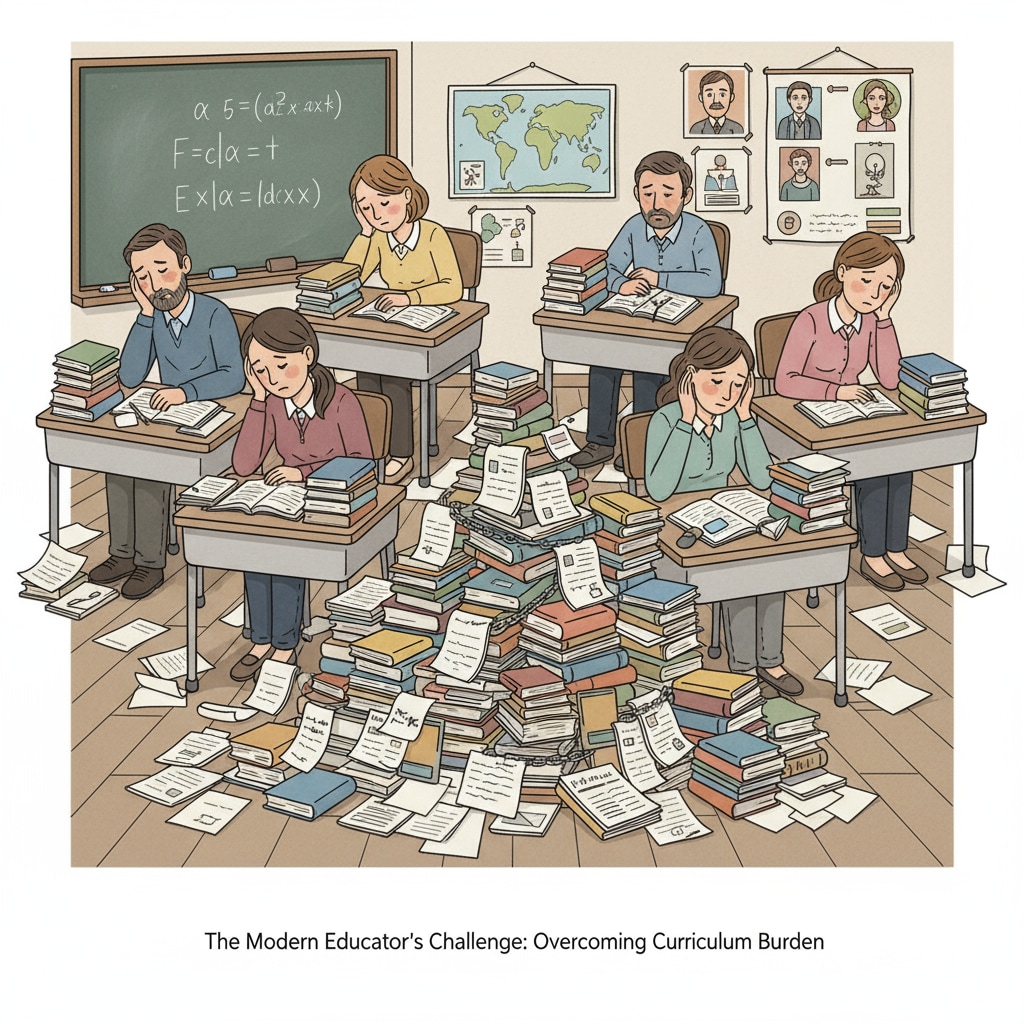Teacher workload, curriculum arrangement, and job burnout are intertwined issues that are taking a toll on educators in the K12 education system. In recent years, teachers have been shouldering an increasing burden, which not only affects their own well-being but also has implications for the quality of education.

The Heavy Load of Curriculum
The curriculum in K12 education has become more complex and extensive over time. Teachers are expected to cover a vast amount of material within a limited time frame. For example, in subjects like science and mathematics, new concepts and standards are constantly being added. This forces teachers to rush through lessons, leaving little room for in-depth exploration and student engagement. According to National Center for Education Statistics, the average number of courses a K12 teacher is responsible for has increased in the past decade.

The Impact on Teacher Health
The excessive curriculum burden directly contributes to teacher job burnout. Long hours of lesson planning, grading, and dealing with administrative tasks leave teachers with little time for rest and relaxation. As a result, many experience high levels of stress, anxiety, and even depression. A study by National Education Association found that a significant percentage of teachers reported feeling burned out due to workload. This not only affects their personal lives but also their ability to perform effectively in the classroom.
Moreover, the physical toll of such a demanding schedule cannot be ignored. Teachers often sacrifice their own health to keep up with the demands of the job, leading to issues like fatigue, sleep disorders, and weakened immune systems.
Readability guidance: In this article, we’ve seen how the heavy curriculum load impacts teachers. Next, we’ll explore solutions to ease this burden and reduce job burnout. By using short paragraphs and clear transitions, we aim to make the information accessible and engaging.


